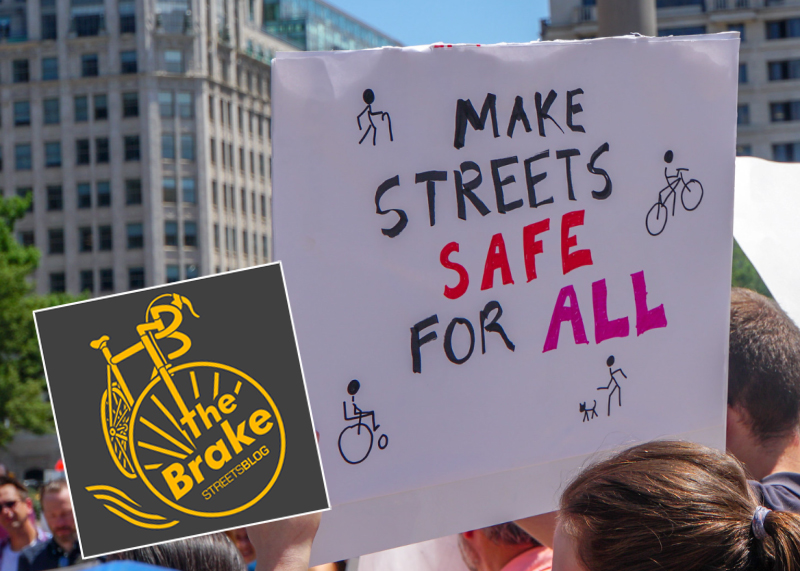Anyone who's ever tried to get a new crosswalk in their neighborhood knows how hard it can be just to figure out who to call — never mind how to get whoever's on the other end of the line to listen. And any transportation professional knows how challenging it can be to get that call from a resident, and realize that they don't have the faintest idea of how decisions actually get made on our streets.
But what if cities offered a crash course that got both groups speaking the same language — and in the process, transformed ordinary citizens into effective and well-informed transportation advocates?
Today on The Brake, we welcome Keith Bartholomew of University of Utah and Nathan McNeil of Portland State University, who are hoping to bring the concept of the "Citizen Transportation Academy" to communities across the U.S. We talked about a more than 25-year-old course has helped shape the transportation conversation in Portland, Ore., how Salt Lake City is adapting the idea for its unique landscape, and what it says about U.S. transportation culture that residents even need a 10-week class to have a real voice — and what to do about it.
Give it a listen, and be sure to check out the beta version of McNeil's curriculum handbook if you're curious about starting a class in your town.
Here's a short excerpt from our conversation. It has been lightly edited for clarity and length.
Kea Wilson: For folks who haven't been there, or aren't giant dorks like me, what are the unique challenges of adapting this curriculum which was made for a place that has a reputation as an active transportation hub — Portland — for Salt Lake City? What is your landscape like and what sorts of questions are people asking about it?
Keith Bartholomew: Well, you have to start with the ground truth that the Salt Lake City region has a population that's roughly equivalent to Portland. But it's spread out across about four times the amount of land. And so it's highly dispersed, which, by necessity makes it much more automobile oriented. So that's an obvious difference.
But really, that difference didn't show up so much in the curriculum or in the class, or the way it rolled out — no pun intended. Because the the class itself is just a structure; it's just saying, "here are the things that are happening in your region with respect to transportation planning, and transportation decision making, and here's how it flows, and here are the people who are involved in making it flow. And here are the criteria that they're responding to when they are making those decisions. And here are the places in that process where regular community members — citizens in the neighborhoods — can get involved and have a say.
And that structure, the specifics of the answers to all those questions, and how you fill in those details — that's going to vary from region to region. However, there is actually more that's similar from region to region than different. Part of that is creature of federal law; every metropolitan area in the country has to have a metropolitan planning organization that creates a long range plan. And we now have about 380-some-odd MPOs across the country, and they're creating plans that respond to criteria that come from the federal government, and local governments are interacting with these MPOs. So yeah, there are differences from California to Utah to Oregon to Illinois. However, when you when you peel back the first layer of the onion, you start to see really common themes showing up again, and again.





